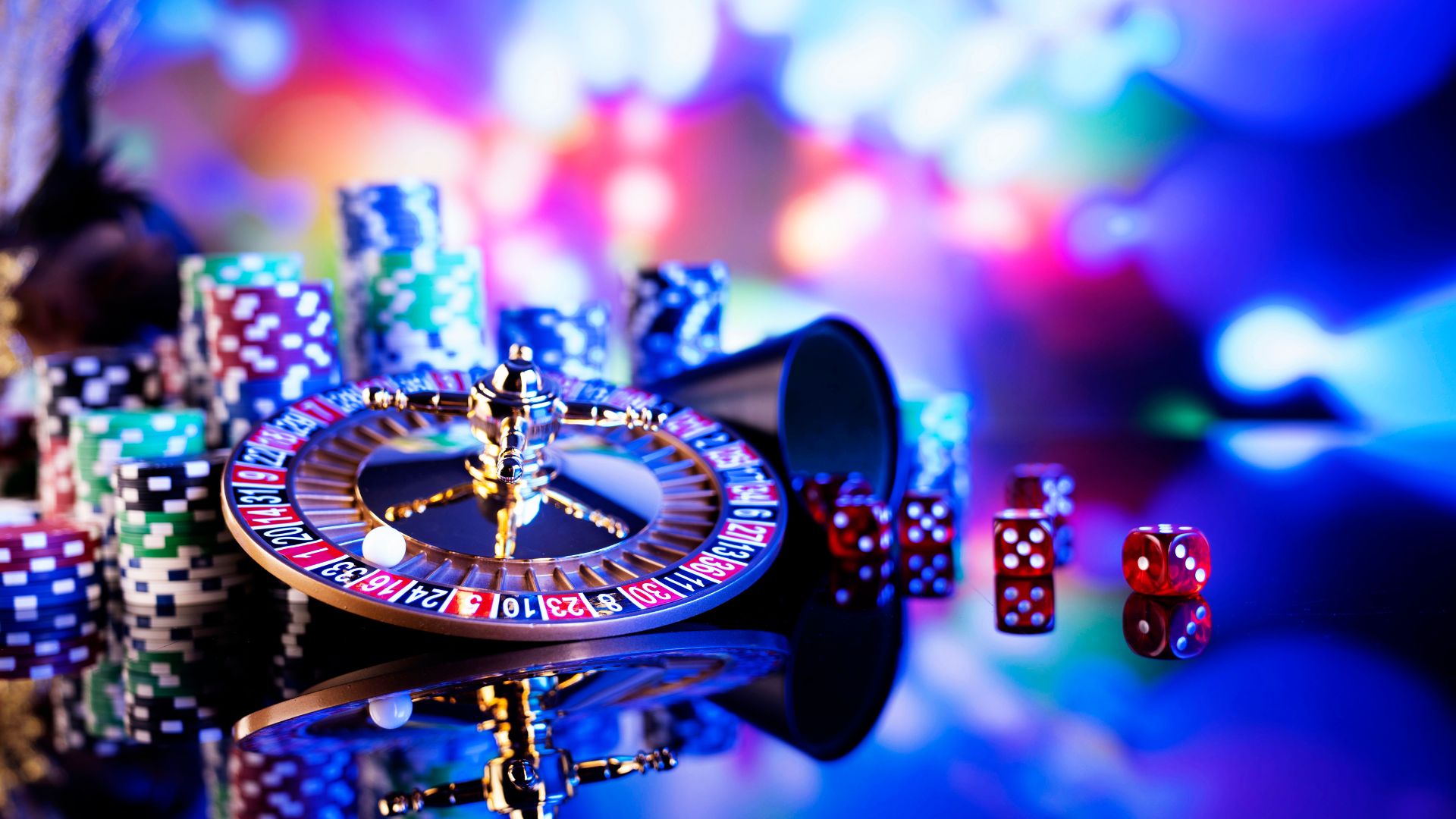
Within the dynamic world of casinos, in which the air buzzes with excitement and the clattering of tokens fills the environment, the role of a game dealer is both crucial and captivating. Each day, these skilled professionals step into a realm where luck and strategy converge, leading players through the ups and downs of their chosen casino titles. From card games like blackjack and texas hold ’em to the revolving wheels of the roulette table, dealers manage the gameplay while ensuring that each game operates seamlessly and fairly.
As the day breaks on another hectic day, a casino dealer prepares to immerse themselves in this vibrant environment. Their responsibilities extend beyond just distributing the cards or turning a wheel; they are also entertainers, customer service representatives, and guardians of the rules. Each workday brings new challenges and experiences, making every day unique in the life of a casino dealer. This behind-the-scenes look will explore the daily routine of a casino dealer, showcasing the skills and experiences that make this career both thrilling and rewarding.
The Role of a Gambling Table Dealer
A casino game dealer is at the core of the gambling experience, orchestrating the flow of the play while ensuring that players are involved and entertained. Their primary duty is to manage the table, which includes dealing cards, spinning the wheel, or handling the chips, based on the type of game being played. Dealers must have a thorough understanding of the rules and guidelines governing each type of game, while also maintaining a friendly and welcoming demeanor to enhance the gambling atmosphere.
In addition to overseeing the play, croupiers must also keep a close watch on the players and the surroundings around the game. This includes watching for any indications of cheating, ensuring that everyone is following the guidelines, and addressing any conflicts that may arise among players. Effective communication skills are vital, as dealers often provide explanations about the rules and mechanics and give assistance to those who may be novice to casino games.
Furthermore, a croupier’s role extends beyond just the technical aspects of the game. They play a crucial part in creating an immersive experience for the players. This requires establishing a rapport with patrons, being attentive to their needs, and often injecting an aspect of fun into the game. It’s this mix of skill, vigilance, and interpersonal relationship that makes the position of a gambling table dealer both demanding and rewarding in the dynamic world of gambling games.
Daily Responsibilities and Challenges
One of the primary responsibilities of a dealer in a casino is to oversee the various games offered at their table, ensuring a seamless and enjoyable experience for players. soi kèo bongdalu Dealers must be skilled at distributing cards, handling chips, and maintaining the flow of the game. This necessitates a deep understanding of the regulations of each game, from blackjack to roulette, and the ability to answer players’ questions while maintaining the game moving. Attention to detail is essential, as dealers must track bets, disburse winnings correctly, and monitor any cheating or discrepancies at the table.
In addition to supervising the game itself, dealers encounter challenges such as dealing with difficult players. The casino environment can be tense, particularly during high-stakes games, and a dealer must remain composed and maintain professionalism at all times. They need robust interpersonal skills to navigate interactions with players who may be upset about losses or dissatisfied with the game’s speed. Handling these situations delicately is crucial in ensuring a positive atmosphere on the casino floor.
Another major responsibility is maintaining the integrity of the game. Dealers must be vigilant and attentive, watching for any signs of collusion or cheating among players. This entails not only a solid knowledge of the games but also an awareness of player psychology. They must also follow the casino’s rules and procedures, participating in regular training sessions to keep updated on rules and protocols. Balancing these responsibilities while providing top-notch customer service is what makes the role both challenging and rewarding for a dealer in a casino.
Attributes and Skills for Success
A successful casino game dealer must demonstrate excellent communication skills. This includes not just the ability to effectively explain game rules and procedures to gamblers but also the capacity to connect with them in a friendly and competent manner. Fostering rapport with customers can enhance the gaming experience and encourage repeat visits to the casino. Proficient communication enables dealers to manage tables seamlessly while ensuring that players feel appreciated.
Moreover, robust mathematical skills are essential for a dealer. Quick calculations are often required to keep track of bets, payouts, and game outcomes in real time. A dealer’s ability to perform these numerical tasks accurately and swiftly adds to the overall efficiency of the game. This skill helps in maintaining the flow of play and in minimizing disputes or misunderstandings with players, which is crucial in a dynamic casino environment.
Lastly, an ideal casino game dealer should demonstrate integrity and professionalism at all times. Trust is a vital component of the gaming experience, and players must feel assured that the games are conducted equitably and transparently. A dealer’s dedication to upholding high ethical standards fosters a friendly atmosphere at the table and enhances the casino’s reputation. Being reliable in behavior ensures that dealers leave a lasting impression on guests, which can lead to a dedicated customer base.
